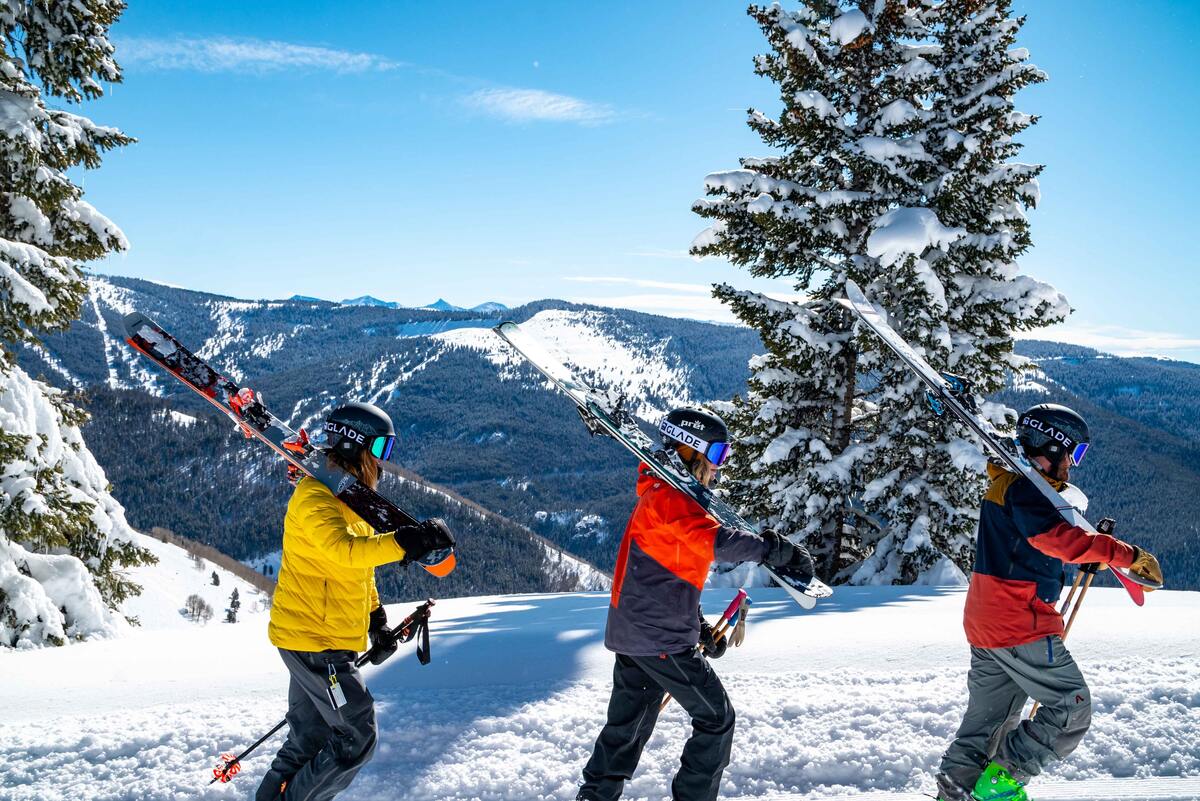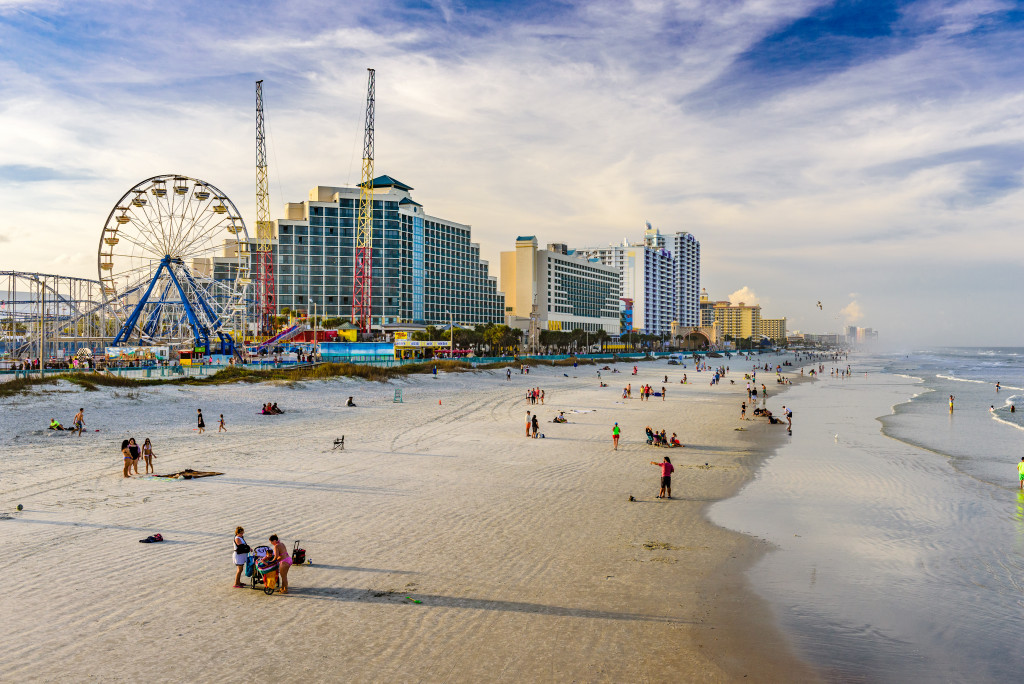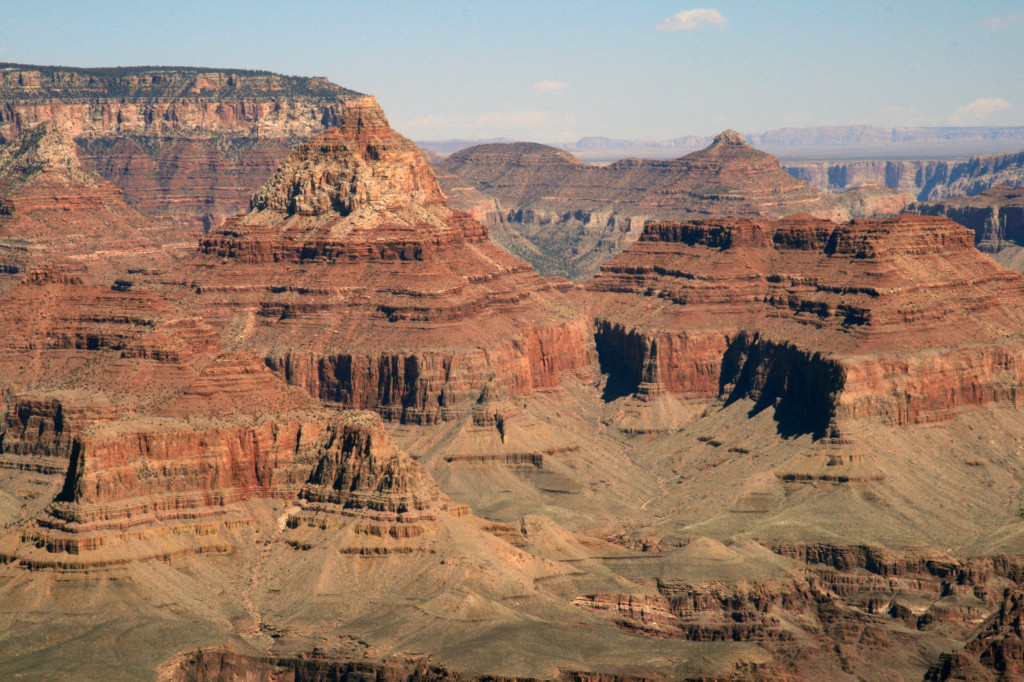Most people have a natural passion for sports. For example, if you are Austrian or French, maybe you are more interested in winter sports than others because you have geographical proximity to snowy mountains.
However, winter sports can be quite dangerous. In that case, you will need only the appropriate equipment while skiing.
Whether you are a seasoned pro or a novice at snow sports, you must ensure that you have all the necessary equipment to stay safe. This blog lists the six items that you must get to protect yourself in hazardous situations if you are a skier or snowboarder.
Skis and Snowboard
It’s pointless to buy your skis as a novice; instead, rent them until you’re confident and know what type of skiing or boarding you want to improve at.
Even if you are an experienced or intermediate skier, you may want to rent because you will be able to use the latest equipment and technologies. When and if you are ready to buy, it is best recommended that you buy your snow gear from reputable stores so that you get top-quality gear.
Helmet
As a general rule, you should never ski without wearing a helmet. Professional skiers never go out on the snow without one, thus you should never consider yourself an expert skier if you don’t have one.
Today’s helmets are extremely versatile. They’re lightweight, comfy, and maybe as flexible as you need them to be, with removable pads and ear protection, Bluetooth speakers integrated with, and so on.
Ski Boots
Boots are one of the most significant pieces of equipment to invest in if you have a passion for snow sports. They are the gears that connect you to the ski and allow you to control speed and direction.
It’s difficult to walk in ski boots at first but with practice and time, it becomes much easier. You can check the most recent ski boot designs from today’s most famous manufacturers, such as Tecnica Mach1. It’s made for skiers who have a medium to narrow forefoot and a medium to thin leg shape.
When it comes to ski boots, you should focus on getting the finest fit for your feet rather than on style, appearance, or color.
It’s critical that the boot suits your foot shape. Get a molded insole if you want to go all out. This will improve the boot’s responsiveness to your skiing technique.

Gloves
It’s natural to be cold when you’re up in the mountains where it snows. You always use your hands, thus keeping them warm is not only a good idea, but it is also highly uncomfortable to have chilly hands.
If you’re skiing, you’ll need to hold on to your poles to keep balanced. You won’t be able to grip the poles if you don’t wear gloves when skiing since your fingers will freeze and you won’t be able to feel them.
Gloves are also protective clothing since they protect your hands from brushing against the surface if you fall. When it’s icy, the surface is harsh and will most likely cut your skin.
Windproof Jacket
You don’t want to catch a cold or be stuck in the middle of a blizzard without protection. It doesn’t matter how much you like or dislike the cold; if you don’t take the proper precautions, chilly winds will blow straight through you.
Also, you should invest in a durable jacket that is both waterproof and windproof to keep your body warm and dry. Not only that but wearing a windproof jacket guarantees that you have an extra layer of protection in case of an accident, keeping you secure from life-threatening injuries.
Goggles
Last but not least, it can get very bright up in the mountains. Some people wear sunglasses to protect their eyes from the sun’s UV rays.
The light shines down and reflects off the pristine snowy surface. It can feel like you’re being attacked from all sides and that you can’t see what’s going on.
Goggles provide the advantage of shielding your eyes from the wind as well. In the mountains, things may get very harsh, so keep an eye out for anything that might block your sight.
You can shield your eyes from snowstorms and sunlight by wearing goggles. Another great feature of goggles and one of the reasons people prefer them to sunglasses is that you can replace the lenses depending on the weather.
When the weather is sunny, use reflective glasses and when the weather is cloudy, use orange or yellow lenses. It detects little irregularities and bumps far better than sun-reflective lenses.




